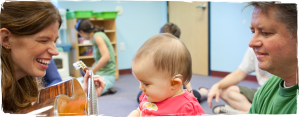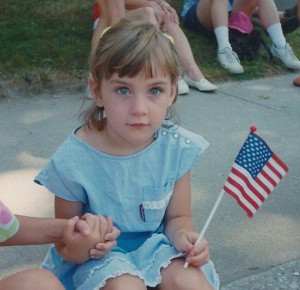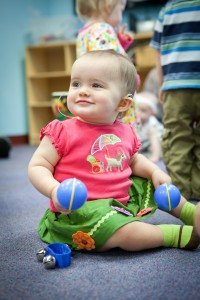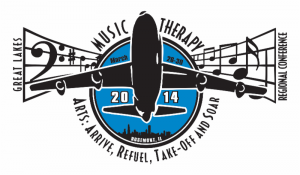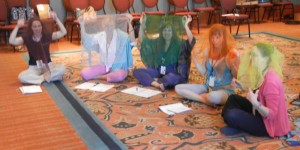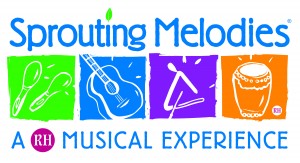Sprouting Melodies® Training is Coming to You!
Next On-Line Course Begins September 10, 2104
Whether you are from a big city, small town or rural village Sprouting Melodies can be a chance for you to grow your music therapy practice and provide a valuable service to the families of your community. 23 CMTEs in the comfort of your own home.
For More Information or to Register Now!
https://raisingharmony.com/training/
The Sprouting Melodies® Provider Training provides comprehensive, research-based and clinically relevant information and resources on:
- Early childhood development
- Early music development
- Treatment planning for early childhood music therapy
- Creating and adapting developmentally appropriate music
- Theoretical and practical guidelines for music therapy based parent/child groups in the community
- Specific strategies for successful business practices in providing early childhood community groups
Completion of the Training will allow the participant to be eligible to become a Sprouting Melodies Provider™.
Here’s what our course participants have to say about the training.
“…the Sprouting Melodies training has given me a strong base to stand on as my base of young clients grows. I definitely recommend it!!”
“The material and information was so well organized.”
“I really enjoyed seeing how Sprouting Melodies™ can benefit my community and my music therapy practice.”
“All of it was wonderful! I loved the discussion the most –brainstorming and discussing these ideas with Music Therapists is so valuable.”
Please join us in this exciting new program designed by music therapists, for music therapists!
Register Now!
https://raisingharmony.com/training/
